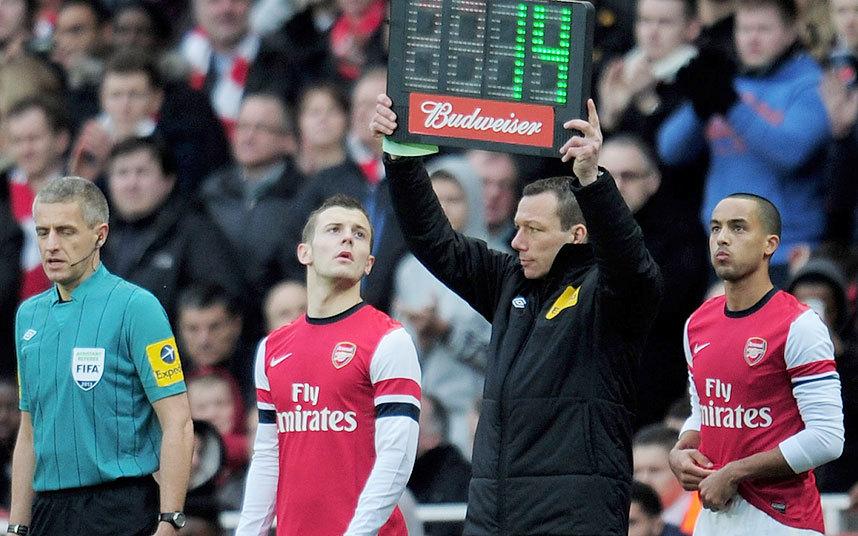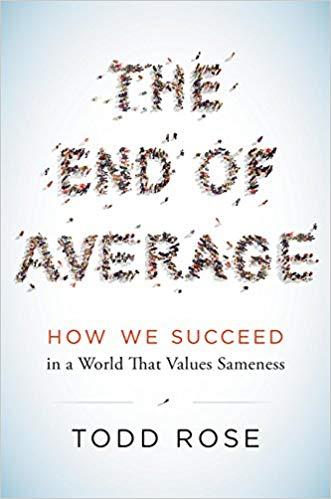
There are an almost infinite number of soccer books. Books about technique, tactics, games, drills, players, and coaches etc.
Just like you, I’ve read hundreds, I liked some better than others, and I’ve surely learned at least one thing from all of them.
The curious part of this story is that when asked about my favorites, I normally call as one this book from Xesco Espar, who’s actually not a soccer coach, but a handball coach.
Francesc “Xesco” Espar Moya was born in January 4, 1963 in Barcelona. Once his playing days were over and after receiving his Baccalaureate in Sports Science and Master’s degree in Learning Psychology, he began to train some of the younger categories of FC Barcelona,being later promoted to third trainer of the professional team and finally in the 2004-05 season to the head coach, a position that he still holds.
As a coach. He’s just won it all.
Stories tell that Pep Guardiola, before taking the head coach position for FC Barcelona’s pro team, in his famous meetings with many coaches (Marcelo Bielsa and Julio Velazco among others), used to meet with Xesco and watch the club’s handball training sessions on a weekly basis.

In this beautiful book, he reminds us of why we coach, beyond tactics, session plans, pressure, and results, but how we actually got here and why.
Some delightful quotes of this book are:
“The objective of every team can’t be to just win a game or a tournament, but to deserve to win it. Winning relies on too many factors, and some of them are not under our control… winning is really hard, but what we can do every day is to work hard to deserve that trophy. Success in sports is not something that you pursue and follow but something that you attract by whom you’re becoming every day. To deserve to win is under our control, winning is not. That’s why we train not only to win, but to deserve it”
“The ultimate effort is not performed because you were ordered to, but because you believe it is necessary. Our beliefs about what’s possible and desired are what lead us to give it all on the field and stand back up even before we touch the ground. I only know one way of having an influence in people’s beliefs, and that’s to relate them to powerful emotions. That’s why to lead is to stir emotions”
“Self discipline, even if it sounds contradictory, is what makes us free. If we don’t have it, we belong to our environment. The words discipline and disciple have the same root and refer to following somebody, then why not follow ourselves?”
A great read.









